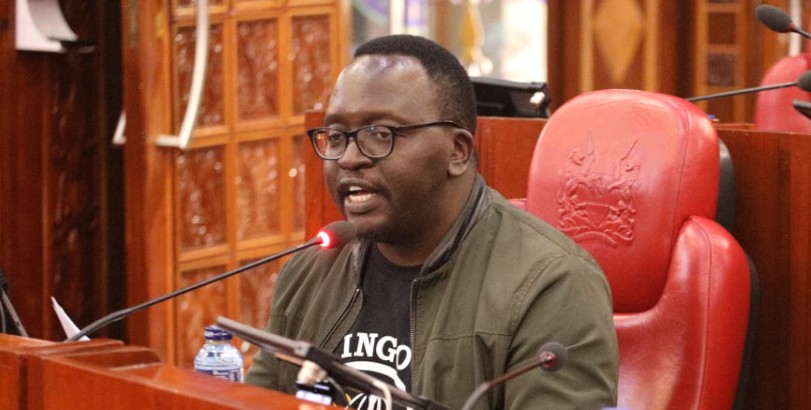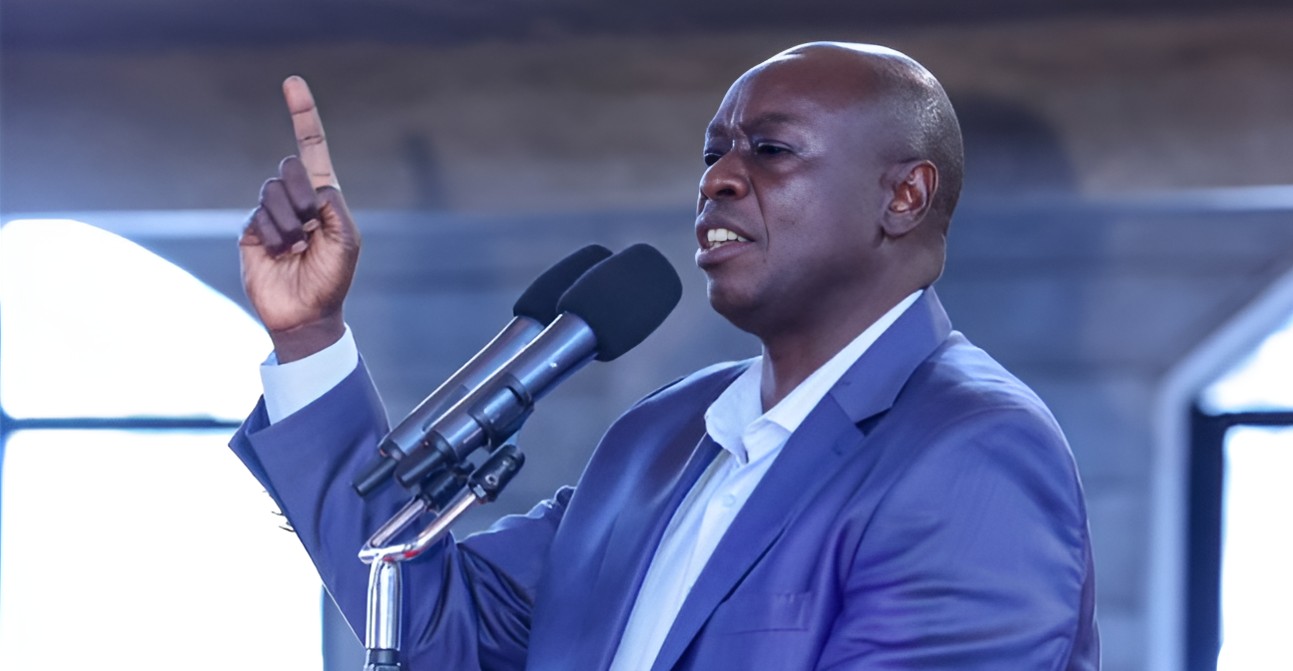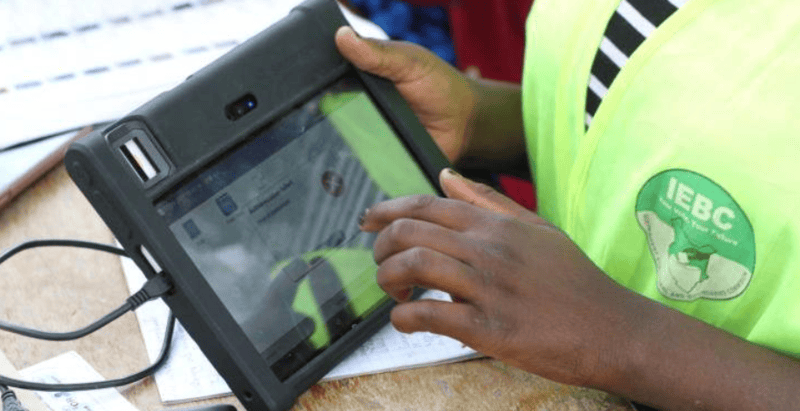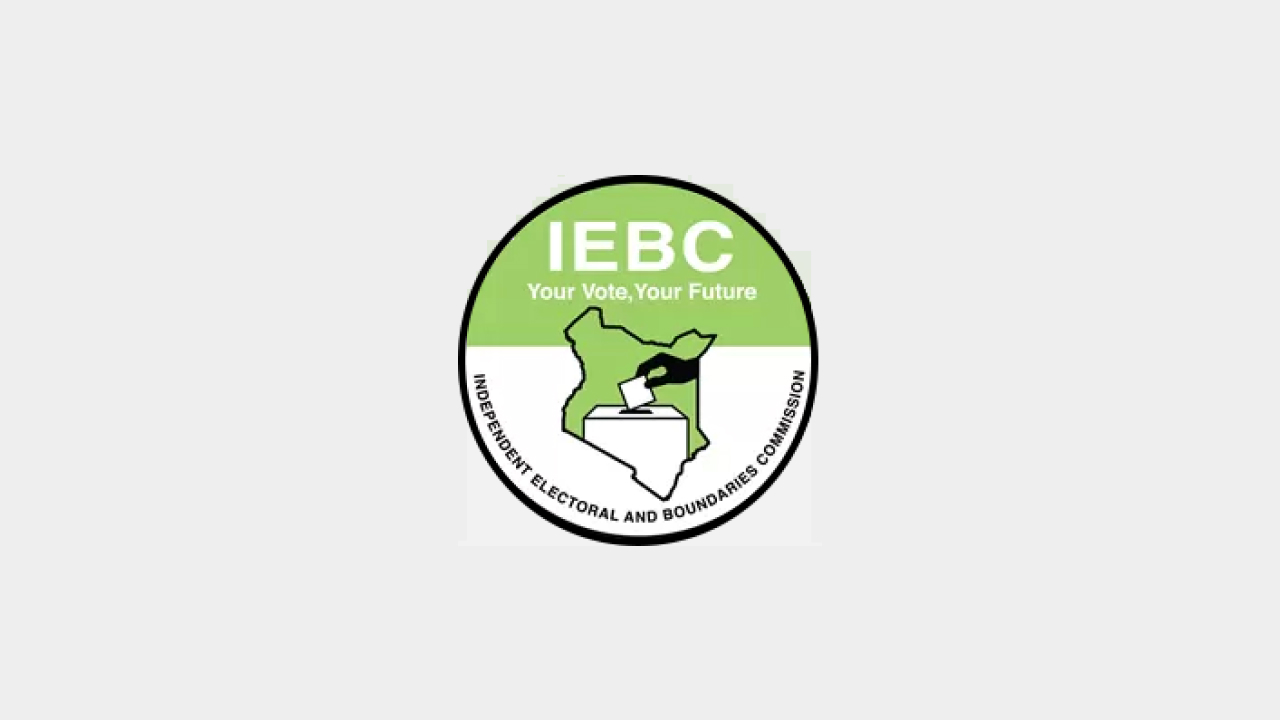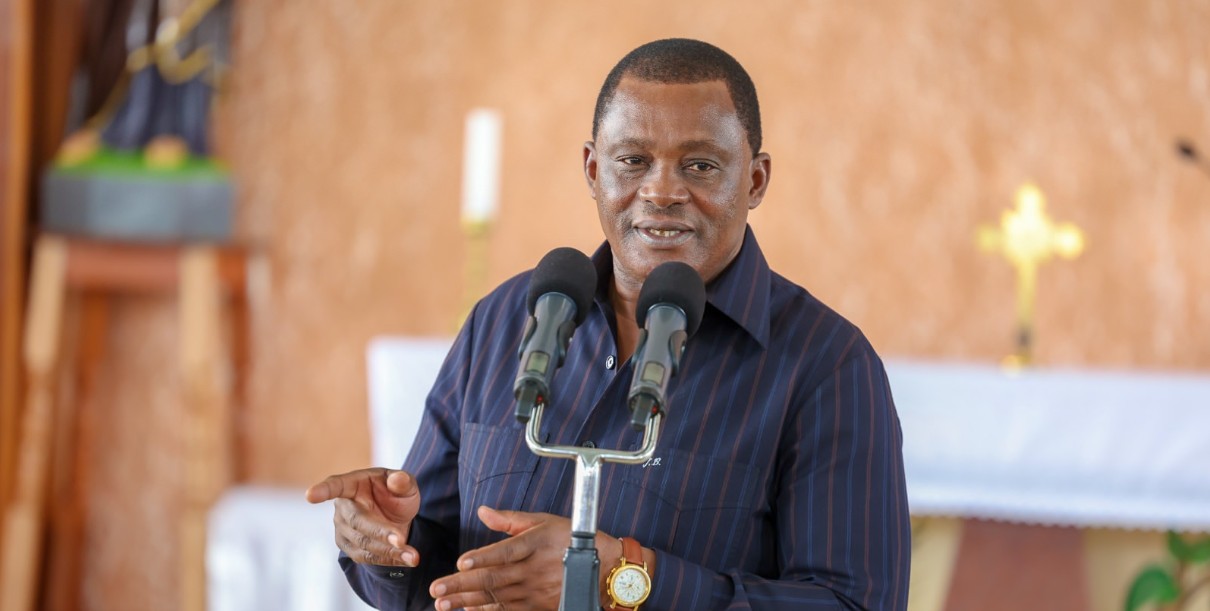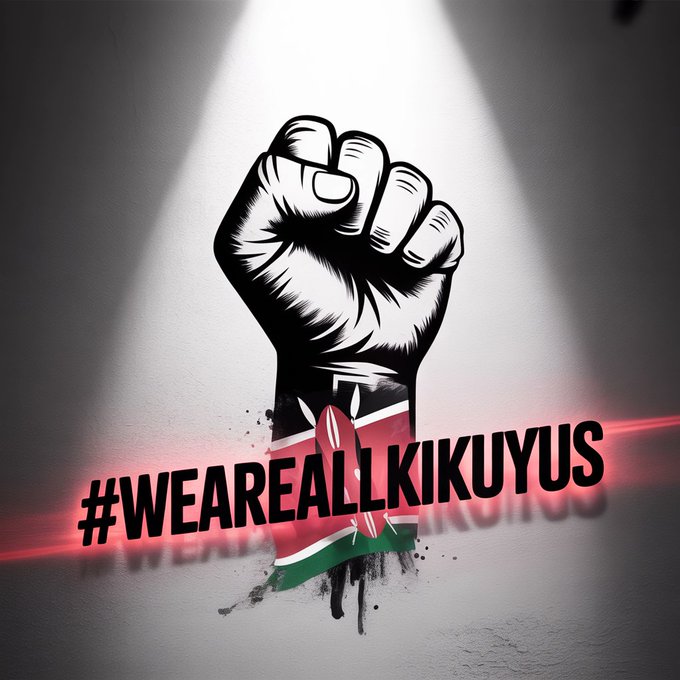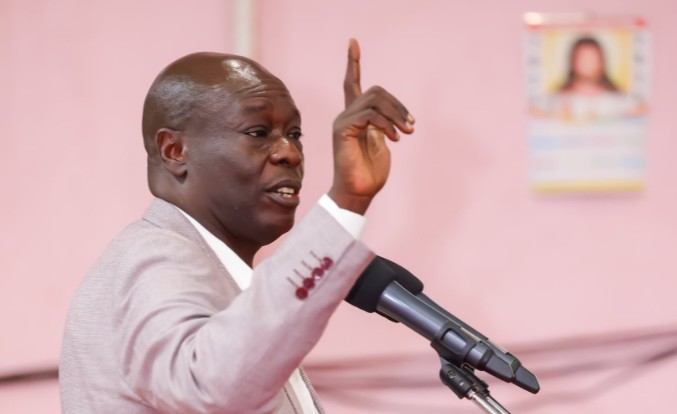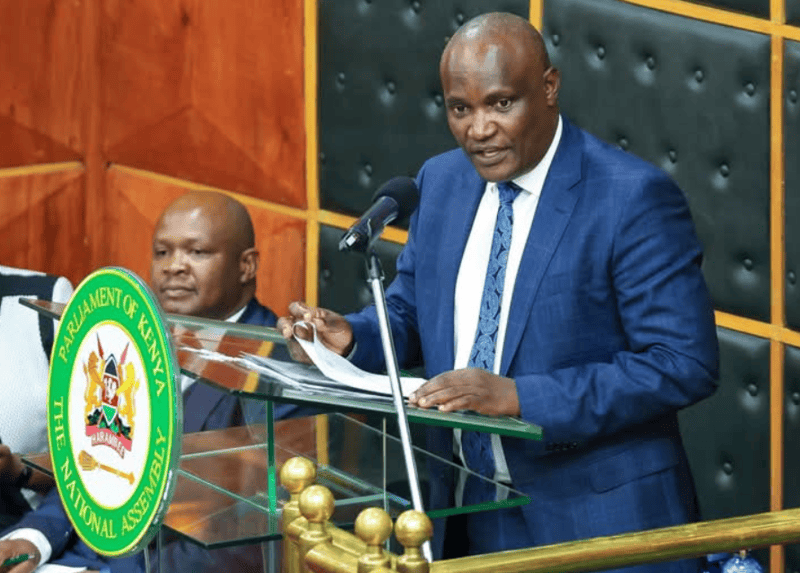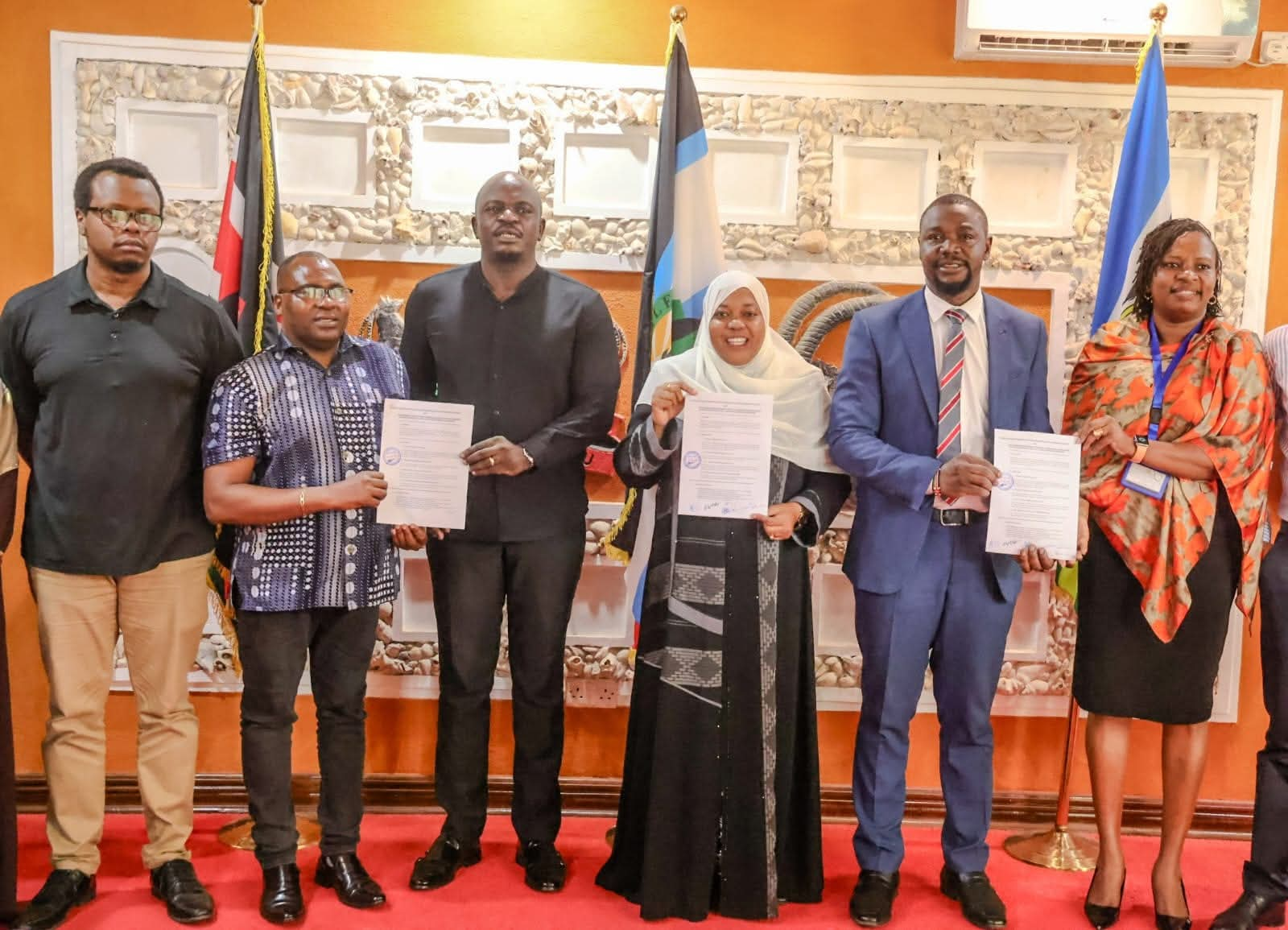High court bars police from barricading roads within Nairobi CBD during street protests
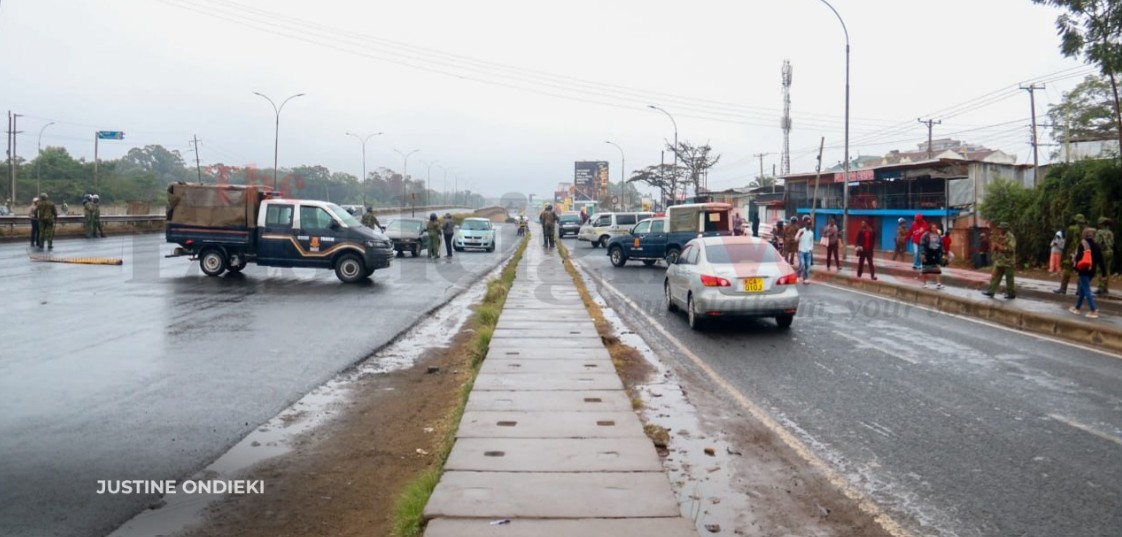
Lawyer Nyawa said police want to establish a militarised society where police barricade roads without notice or provide reasons to the public.
The high court has issued orders restraining police from barricading roads, denying protesters entry into Nairobi Central Business District (CBD) during demonstrations.
The orders were issued by Justice Lawrence Mugambi of the constitutional court following an application by Katiba Institute to protect the fundamental right to picketing and demonstrations.
More To Read
- Ruto orders police to shoot looters in the leg, not kill during protests crackdown
- Kenya's crisis not ethnic or generational, but leadership failure, says ex-Chief Justice Maraga
- "Enough is Enough": Ruto declares war on anarchy, pledges to protect Kenyans' lives and property "by all means possible"
- Gachagua allies, 35 others to know fate on terror charges on Thursday after Kikuyu protests
- Police station burnt in Nyamira after teen shot during protest
- Opposition calls for boycott of state-linked businesses in fresh push for justice
Lawyer Joshua Nyawa argued that the police's actions mean the rights are suspended indefinitely.
He also argued that the Constitution and the Bill of Rights risk being mutilated during the de facto unlawful limitation of constitutional rights by the police.
He was seeking remedies to address the harm done to the constitution, as Kenyans are being exposed to unconstitutional directives by the police.
"The Inspector General of Police (IG) is abusing the security agency to violently silence and punish citizens voicing their opposition to the current state of affairs in Kenya, in the streets of towns and cities, and online," stated Nyawa in his application at the high court, leading to the orders.
"Through their juniors and agents, the (IG) continues to interfere with the enjoyment of the rights in the Constitution.
The lawyer argues that police have now unlawfully limited Articles 37 and 39 of the Constitution through actions that are evidence of a police state and have denied Kenyans their right to demonstrate and picket as guaranteed by the Constitution.
"Despite Kenyans complying with the law and having given notice to the police of the planned demonstrations, the police did not notify Kenyans that they would be blocking roads or streets to or within the CBD," says Nyawa.
"This counters the usual and accepted practice of giving notice of planned non-emergency road closures through notices on the Kenya National Highways Authority's website. In June 2024, the police issued a notice banning protests in the CBD. The Petitioner approached this court and this court, through conservatory orders, suspended the notice and allowed Kenyans to protest in the CBD."
But Nyawa lamented that despite those orders, the police circumvented those decisions.
He said the constitution wanted to establish a human rights state where the enjoyment of rights is the norm and any limitation is subject to a strict test under Article 24.
Nyawa said police want to establish a militarised society where police barricade roads without notice or provide reasons to the public.
The petitioner argued that in a human rights state, the government cannot fear its citizens to the extent of unlawfully limiting or suspending their rights.
And the government cannot unreasonably block public streets and roads that have been announced as the location for the lawful and peaceful exercise of the right to protest, using barbed wire.
"Such an action is an attack on our democracy, and it risks converting our country into a police barbed-wire state," he said in the petition.
Top Stories Today

